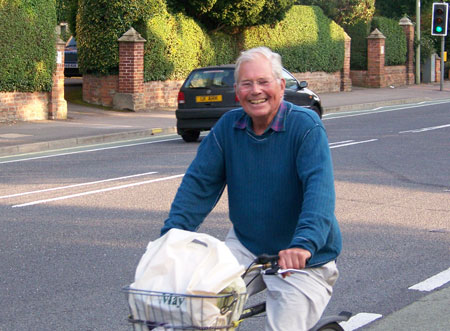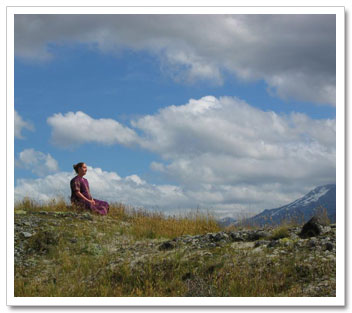
Often we have a rather fixed concept of ourselves and how we would like others to percieve us. Hence, it’s a pretty painful experience when you are suddenly confronted with some unsavoury aspect of your nature, and it’s doubly painful when it’s exposed for all to see. Some of us become resigned to saying ‘that’s just the way I am’ and claiming their weakness almost as a badge of identity, whereas others go to the opposite extreme, mentally flagellating themselves for every misstep they make in life.
Is there a middle path between these two extremes? Can you really overcome your weaknesses? From the changes I have seen in my life, and also from watching the lives of many of my friends who in one form or another have committed themselves to truly living at their fullest potential, I can definitely say yes to that one. And like many other things, it’s a question of how you do it. Here are a few observations:
Thinking about your weakness only gives it strength
When we hate other people, what happens? The thought of them pervades our mental space, and end up unconsciously guiding our emotions and actions. Similarly, forever thinking of how bad your weakesses are give them power over you, and make you feel helpless in the face of them. It is better to always keep an attitude of pragmatism – the bad thing you did in the past cannot be changed now, but you can always work on avoiding a repeat in the future.
Self-acceptance
We often set unrealistic ideas of the person we should be, and a newly-discovered weaknesses often causes us pain because it jarringly conflicts with this idea. The first step in overcoming weakesses is to lose these unrealistic ideas and accept yourself for who you are. By accepting yourself, warts and all, you are not giving up. No, it is in fact a realistic assessment of where you stand now in your life. Once you have learned to accept and love yourself for who you truly are, you can then work on the journey of self-improvement. My meditation teacher, Sri Chinmoy, once used the analogy of a potter working with clay: “You have to be a divine potter. If the potter is afraid to touch the clay, he will not be able to offer anything to the world. So the potter touches the clay and shapes it into something beautiful and useful.”
You are not your problems
When we are confronted with a particular weakness, it tends to crowd our mind that we feel that they are the sum total of what we are! This is absolutely not true. If a cloud temporarily covers the sun, it does not mean that the sun does not exist. Your problems are not ‘you’, they are merely temporary limitations and bad habits obstructing your true nature, and as such, can always be unlearned and transformed.
Focus on increasing the opposite quality
It is always a much more rewarding task to increase positive qualities than reduce negative ones. If you lose your temper easily, you can focus on increasing your inner calmness. If you are prone to criticise others, try and increase the number of good things you see in everyone you meet. Working on positive goals turns the situation around from a struggle with ‘the enemy within’ to a process of inner growth and blossoming.
Never give up
The process of human improvement is not like instant coffee, or a miracle pill. There are ups, there are downs, there are times you wonder if you are any better than when you started. Yet bear in mind that anything we did that ever brought us a feeling of joy and satisfaction, only came because we commited to it and saw it through to the end.
Photo: Pranlobha Kalagian, Sri Chinmoy Centre Galleries








